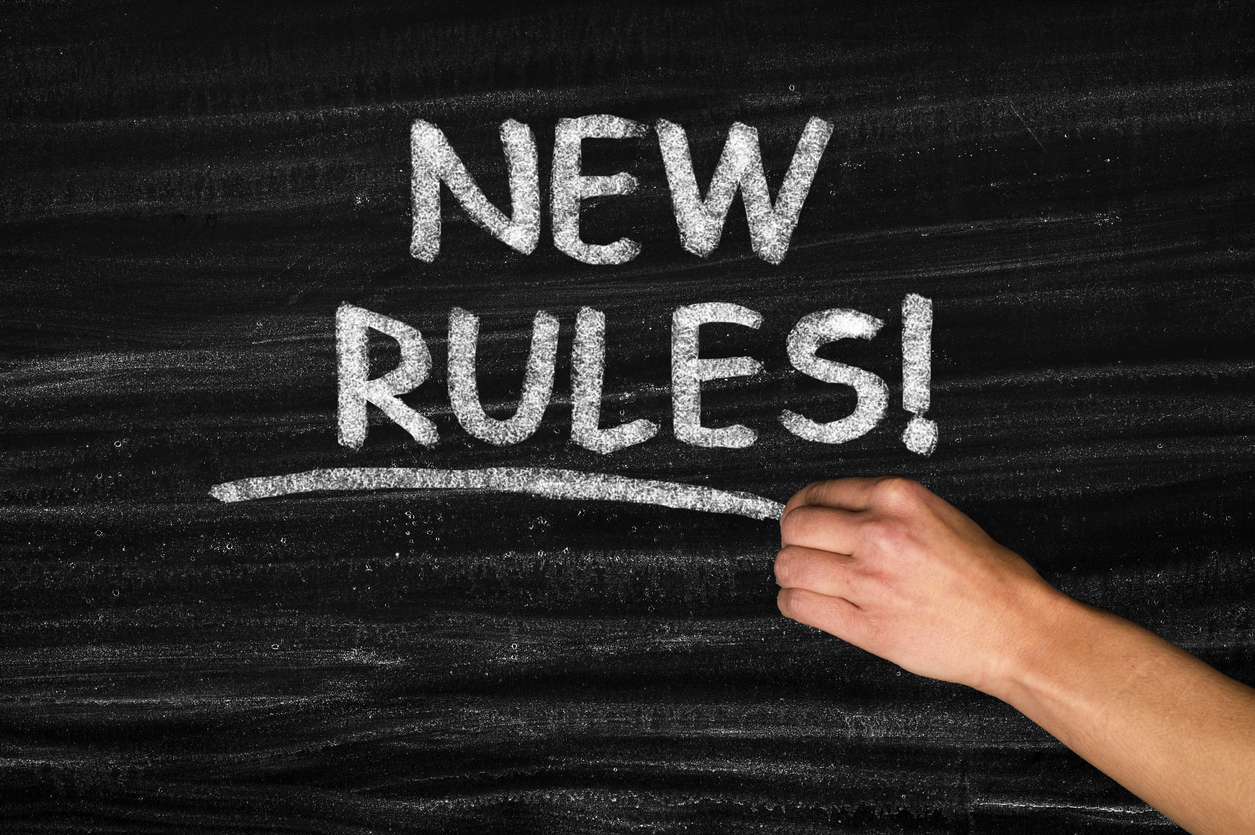As an advocate for policyholders and someone who works closely with many public adjusters, I feel compelled to address an important compliance issue that has recently come to my attention. Some public adjusting firms seem to be using unlicensed individuals and phone banks to conduct cold-call solicitation of potential clients. This practice is not only unethical, it’s illegal and has criminal consequences under Florida law.
Saturday must be cold call day. I exchanged text messages with a respected insurance industry adjuster about a cold call from a person soliciting public adjuster work Saturday morning. The soliciting person never identified whom he was but was trying to set a time for a public adjuster to meet about damage to the adjuster’s home. When the insurance adjuster finally identified who he was, the solicitor hung up. Solicitors should understand that their phone numbers are traceable.
Jason Hisey posted about a cold call on his LinkedIn yesterday. The call is troubling because it started with an indication that the person was from “your local claims office.” The call implied that the work and helping the policyholder is for free. Finally, the call implied that the caller was not a licensed public adjuster because “we have licensed adjusters who can help you.”
In a call with a couple of reputable public adjusters, they spoke about being courted by companies that will make solicitations for them. They expressed concern that others in the industry are having unlicensed people soliciting for work, and some public adjusting firms are paying for leads where others have already made contact with the potential new client.
Florida law is crystal clear: the solicitation of public adjusting business for compensation is considered a material part of public adjusting and requires proper licensure. Unlicensed persons cannot engage in solicitation activities even under the supervision of a licensed public adjuster. This means that any person initiating and having any contact of substance with potential clients – whether in person, by mail, text, or telephone – must hold a valid public adjuster license.
What constitutes solicitation? Under Florida Administrative Code Rule 69B-220.051, solicitation includes:
- Initiating contact with any person to seek public adjusting business
- Urging or advising someone to enter into a public adjusting agreement
- Attempting to have any person speak with a licensed public adjuster about engaging services.
The stakes for violating these regulations are high. The unlicensed practice of public adjusting is classified as a third-degree felony under Florida Statute 626.8738. This means that allowing unlicensed staff to make cold calls or engage in solicitation activities could result in criminal charges for the person making the cold call and the public adjuster who is paying for the unlicensed person to do so.
While unlicensed staff cannot engage in solicitation, they may answer incoming phone calls at the public adjuster’s place of business. They can handle purely administrative matters. Staff can perform tasks that don’t involve interpreting insurance contracts, explaining public adjuster services, and preparing the claim submittal.
To maintain ethical standards and avoid legal issues, public adjusting firms should:
- Ensure all solicitation activities are conducted only by licensed adjusters
- Maintain clear documentation of licensing for all staff engaging with client contact
- Implement proper training and oversight of administrative staff
- Never use third-party phone banks or unlicensed individuals for outbound solicitation calls, texts, mail or email.
I appreciate the desire to grow a public adjusting practice. However, cutting corners through unlicensed solicitation ultimately harms the public adjuster profession. The Florida Department of Financial Services actively and rightly investigates these types of violations. The consequences of non-compliance can be severe and end insurance careers.
Remember, the role of a licensed insurance professional is to help policyholders navigate their claims ethically and legally. Using unlicensed individuals to solicit business undermines this mission and puts an entire practice at risk. All client solicitation must be conducted only by properly licensed public adjusters. The reputation of the public adjusting profession depends on strictly following these ethical rules and statutory laws.
For those unsure about compliance requirements, I encourage you to review the relevant Florida statutes and regulations. The short-term cost of proper compliance is far less than the potential consequences of violations.
Thought For The Day
Corporate executives and business owners need to realize that there can be no compromise when it comes to ethics, and there are no easy shortcuts to success
—Vivek Wadhwa




